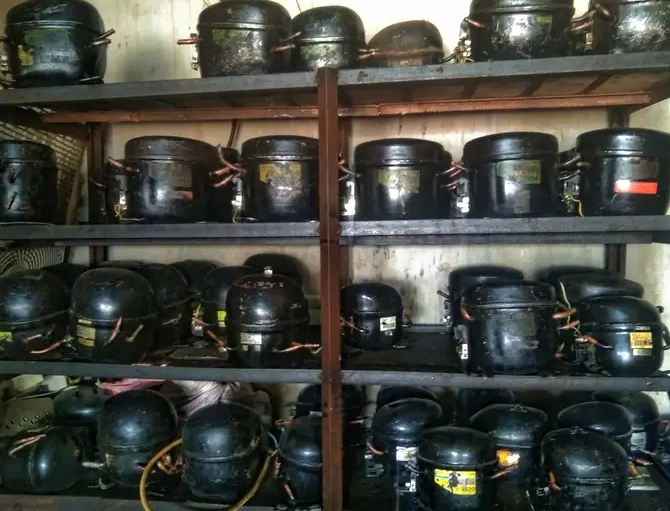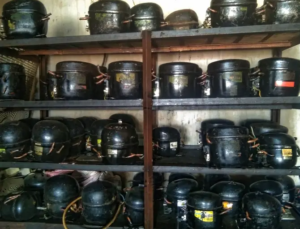When it comes to the comfort of our homes, few things are as essential as a well-functioning air conditioning system. The heart of this system is the compressor, responsible for circulating refrigerant and ensuring a cool and comfortable indoor environment. However, like any mechanical component, air conditioning compressors are subject to wear and tear, eventually requiring replacement. In this blog post, we will go into the importance of understanding the replacement cost for an air conditioning compressor and explore ways to maximize efficiency and savings in the process.
Beforeore we go into replacement costs, it’s crucial to understand the vital role the compressor plays in the overall functionality of an air conditioning system. The compressor essentially acts as the pump that pressurizes the refrigerant, allowing it to absorb heat from the indoor air and release it outside. This cyclical process is what keeps our homes cool and comfortable during hot weather.
Signs of compressor Issues
Over time, an air conditioning compressor may exhibit signs of wear or malfunction. Common indicators include reduced cooling efficiency, strange noises, or even complete system failure. Ignoring these signs can lead to further damage to the entire HVAC system and result in higher replacement costs. Therefore, it’s crucial to address compressor issues promptly.
Replacement Costs
The replacement cost for an air conditioning compressor can vary based on factors such as the type of compressor, brand, and the complexity of the installation process. It’s essential to obtain multiple quotes from reputable HVAC professionals to ensure a fair assessment of the cost. In some cases, replacing the compressor alone might not be the most cost-effective solution, prompting homeowners to consider upgrading the entire system for improved efficiency and long-term savings.
Factors influencing Replacement Cost
1. Compressor Type:
– Different air conditioning systems utilize various compressor types, including reciprocating, scroll, and rotary compressors. Each type comes with its own set of replacement costs.
2. Brand and Model:
– The brand and model of the compressor play a significant role in determining the replacement cost. High-end or specialized brands may incur a higher expense.
3. System Size:
– The size of the air conditioning system also affects the replacement cost. Larger systems may require more powerful compressors, contributing to higher overall expenses.
4. Labor and Installation:
– Labor costs for compressor replacement can vary based on the complexity of the installation process. Additionally, if refrigerant needs to be refilled or the system requires other repairs, these factors will contribute to the overall cost.
Maximizing Efficiency and Savings
1. Regular Maintenance:
– Routine maintenance, such as cleaning coils and changing filters, can extend the life of the compressor and the entire HVAC system. This proactive approach helps prevent costly repairs and replacements.
2. Energy-Efficient Upgrades:
– Consider upgrading to an energy-efficient air conditioning system. While the initial investment may be higher, the long-term energy savings can outweigh the costs, providing a more sustainable and cost-effective solution.
3. Professional Assessment:
– Consult with HVAC professionals to assess whether replacing the compressor alone is the best course of action. In some cases, upgrading the entire system may be more cost-effective in the long run.
4. Explore Warranty Options:
– Check if your air conditioning system or compressor is still under warranty. Some warranties may cover replacement costs, significantly reducing the financial burden on homeowners.
Understanding the replacement cost for an air conditioning compressor is crucial for homeowners looking to maintain a comfortable indoor environment efficiently. By being proactive in addressing compressor issues, exploring energy-efficient upgrades, and seeking professional advice, homeowners can maximize efficiency and savings in the long run. Regular maintenance and a thoughtful approach to replacement decisions ensure that your HVAC system continues to provide reliable and cost-effective cooling for years to come.

